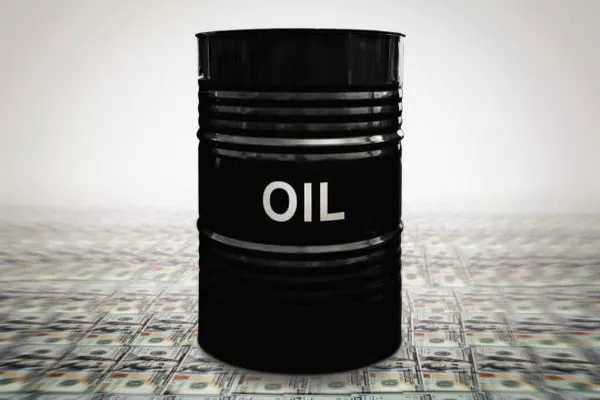Crude oil futures are among the most actively traded commodities in the financial markets, providing investors with exposure to the price movements of crude oil without the need for physical ownership or storage. Understanding the lot size for crude oil futures is essential for traders looking to participate in this market effectively. In this article, we’ll explore the lot size for crude oil futures contracts, their significance, and considerations for traders.
Overview of Crude Oil Futures
Crude oil futures contracts are standardized agreements to buy or sell a specified quantity of crude oil at a predetermined price and date in the future. These contracts are traded on commodities exchanges such as the New York Mercantile Exchange (NYMEX), the Intercontinental Exchange (ICE), and the Dubai Mercantile Exchange (DME). Crude oil futures play a crucial role in the global energy markets, providing a mechanism for hedging against price fluctuations and speculating on future price movements.
Lot Size for Crude Oil Futures
The lot size for crude oil futures contracts varies depending on the exchange on which they are traded. In the case of NYMEX crude oil futures, one contract represents 1,000 barrels of crude oil. This standardized quantity allows for uniformity and consistency in trading, facilitating price discovery and liquidity in the market. Other exchanges may have different lot sizes for their crude oil futures contracts, so it’s essential for traders to verify the specifications of the contracts they intend to trade.
Value of a Crude Oil Futures Contract
The value of a crude oil futures contract is determined by multiplying the quantity of crude oil represented by the contract (1,000 barrels) by the current market price of crude oil per barrel. For example, if the price of crude oil is $60 per barrel, the value of one crude oil futures contract would be:
Value = Quantity × Price
Value = 1,000 barrels × $60 per barrel
Value = $60,000
Therefore, one crude oil futures contract with a quantity of 1,000 barrels would be valued at $60,000 at a price of $60 per barrel.
Leverage and Margin Requirements
Like other futures contracts, crude oil futures contracts allow traders to control a larger position with a relatively small amount of capital, thanks to leverage. However, leverage also magnifies both potential profits and losses, making risk management crucial for futures traders. Margin requirements are set by the exchange and represent the amount of capital required to initiate and maintain a futures position. Traders should be aware of margin requirements and maintain sufficient funds in their trading accounts to cover margin calls and potential losses.
Delivery and Settlement
While some futures traders may choose to offset their positions before the contract’s expiration by entering into an equal and opposite transaction, others may opt for physical delivery or cash settlement. For those who choose to hold their positions until expiration, the futures contract will be settled through either physical delivery of crude oil or cash settlement, depending on the exchange’s rules and the trader’s preference. Physical delivery involves the transfer of actual barrels of crude oil, while cash settlement involves the payment of cash based on the difference between the futures price and the spot price at expiration.
Conclusion
In conclusion, the lot size for crude oil futures contracts represents the standardized quantity of crude oil that each contract represents. In the case of NYMEX crude oil futures, one contract represents 1,000 barrels of crude oil. Understanding the lot size for crude oil futures is essential for traders looking to participate in this market effectively. With proper knowledge of contract specifications, leverage, margin requirements, and delivery and settlement procedures, traders can navigate the crude oil futures market with confidence and potentially capitalize on price movements in the global energy markets.


